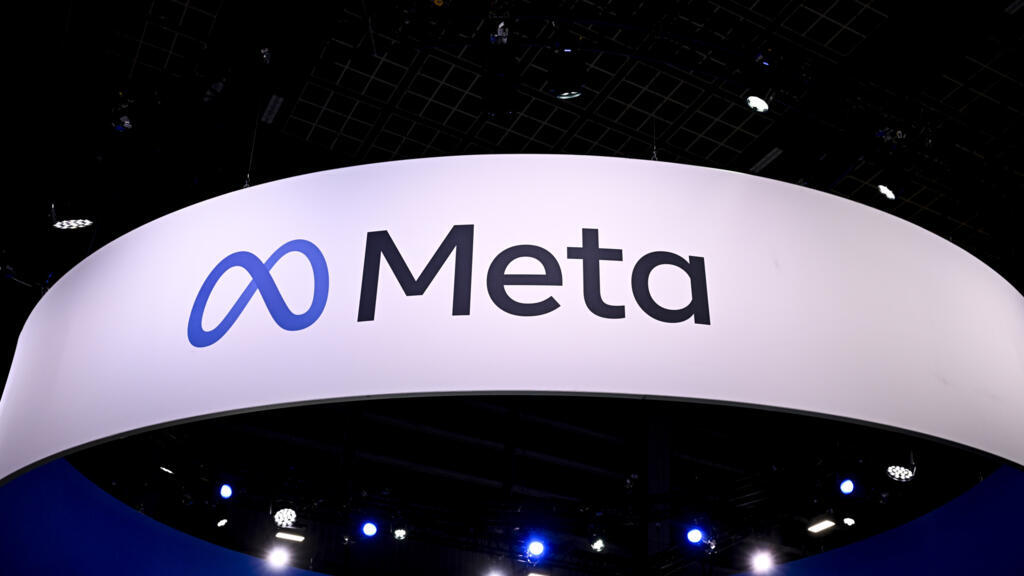Meta's AI Data Use Policy in the EU
On Monday, Meta, the parent company of social media giants Facebook and Instagram, announced a significant update to its data utilization policy for training artificial intelligence (AI) models within the European Union (EU). This move reflects an ongoing effort to enhance AI capabilities while adhering to strict EU data protection regulations, particularly as the region intensifies its scrutiny of tech companies operating within its borders.
The new policy indicates that Meta will leverage user interactions with its AI, as well as posts and comments made by adults across its platforms. This approach aims to refine and improve the performance of the AI systems used for content moderation, user experience enhancement, and ad targeting. By using real-time data from user interactions, Meta hopes to create a more responsive and effective AI that better understands user preferences and behaviors.
Importantly, Meta has included a mechanism that allows users to opt out of having their data utilized for training purposes. This opt-out option aligns with the EU's General Data Protection Regulation (GDPR), which emphasizes user consent and the right to privacy. Users will have control over whether their interactions and content will be incorporated into the training datasets that drive Meta's AI innovations.
The decision to focus on posts and comments from adults signifies a targeted approach meant to ensure that the AI models are built on a foundation of relevant and contextually appropriate data. By concentrating on adult user-generated content, Meta aims to avoid potential biases and inaccuracies that could arise from including data from a broader, perhaps less relevant, demographic pool.
Meta's announcement arrives at a critical juncture, as public scrutiny over data privacy and security continues to mount. With increasing regulatory pressure within the EU, tech companies face a challenging landscape that demands both innovation and compliance. This new policy could serve as a model for how organizations can responsibly harness user-generated data to improve AI systems while respecting individual privacy rights.
In conjunction with the policy update, Meta reiterated its commitment to transparency and user engagement. The company will be actively informing users about how AI models are trained, what data is collected, and how it will be used. This commitment to clarity is particularly important given the rising concerns regarding the ethical implications of AI technologies in our daily lives.
Furthermore, Meta's moves come amidst broader discussions in the EU surrounding the regulation of AI and digital platforms as legislators seek to establish guidelines that promote safe and effective use of emerging technologies. The incorporation of user data in training AI models must navigate complex legal frameworks, and Meta's proactive stance may help pave the way for other companies in the tech space.
As Meta progresses with its AI advancements, it will likely continue to face scrutiny, prompting an ongoing dialogue about the balance between innovation, user privacy, and regulatory compliance. The EU's evolving stance on data protection and the responsible use of technology will play a crucial role in shaping Meta's future initiatives and the broader AI landscape across Europe.












